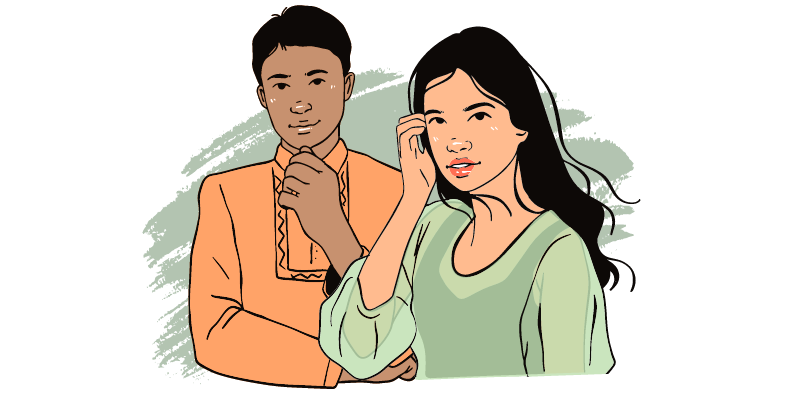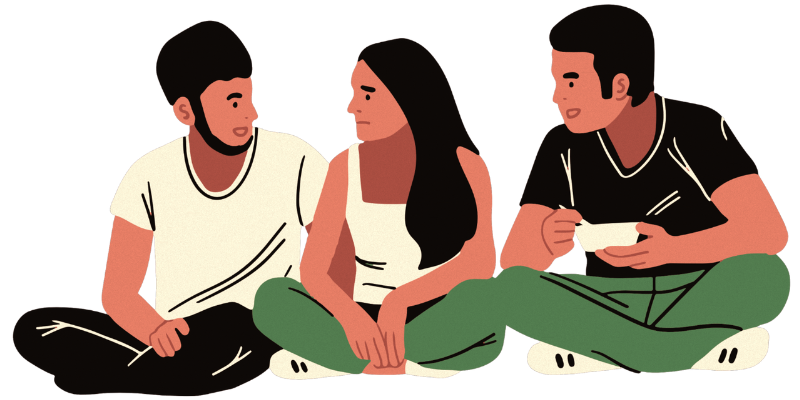Trauma, Shame and Restoring Dignity

Victim, victim-survivor or survivor?
In the past, people who have experienced abuse have been called victims because they have been victimised by a person or a situation. This word centres the power of the perpetrator. Sometimes survivors use this word to express our disempowerment at the time, or for legal purposes, but many of us don’t want to stay in that place.
The term victim-survivor recognises that someone has an experience of disempowerment or abuse but is fighting back from that. It recognises the pain of what happened, while also seeing the strength it has taken to fight back.
The word survivor centres purely on the strength of a person in enduring and recovering from tremendous suffering. Even if you are still struggling with things that still make you feel victimised, you are fighting to survive and recover, and are by definition, a survivor.
It is important to allow people to identify with these words in the way that feels right to them. Some people might not relate to any of these words (victim, victim-survivor, or survivor), and may instead prefer terms like "a person with lived experience".

Beyond trauma: understanding shame
Shame can often be a response to trauma. Survivors often feel ashamed or guilty about what happened to them, or they may blame themselves for not being able to prevent the trauma.
Shame can make it difficult to seek help or support, sometimes shame can make someone feel they are not worthy or deserving of help.
Overcoming shame can be a challenging process, but it is possible with the right support and resources. Here are some strategies that can help. Click on the boxes for more information:
1. Recognize and challenge negative self-talk
Shame is often fueled by negative self-talk, such as "I'm worthless" or "I'm a failure." Recognize these thoughts when they come up, and challenge them with more positive self-talk. For example:
- "I am worthy of love and respect"
- "I am doing my best"
- "I didn’t know this at the time, and I am learning."
2. Practice self compassion
Self-compassion involves treating yourself with kindness and understanding, rather than criticism and judgment.
This can involve acknowledging your own pain and suffering, and offering yourself comfort and support in the same way you would to a friend.
3. Seek support
Shame often makes us want to hide from the world and other people, so it's important to reach out to trusted friends, family members, or mental health professionals for support.
Support groups can also be helpful, as they provide a safe and supportive space to share experiences and connect with others who are going through similar struggles.
4. Learn to accept imperfection
Nobody is perfect, and it's important to recognize and accept our own imperfections.
This can involve re-framing mistakes as opportunities for growth and learning, rather than a reason to feel shame and self-criticism.
5. Engage in activities that bring joy and fulfillment
Doing things that bring you joy and fulfillment can help boost self-esteem and counteract feelings of shame.
This can involve hobbies, creative pursuits, or volunteer work that aligns with your values and interests.
Remember, overcoming shame is a process that takes time and effort
Be patient and compassionate with yourself, and don't hesitate to seek help and support when you need it.

Reaching out for help
Reach out to us at Survivor Connections to find out about support options available to you.
Find out more about exploitation, human trafficking and modern slavery:


